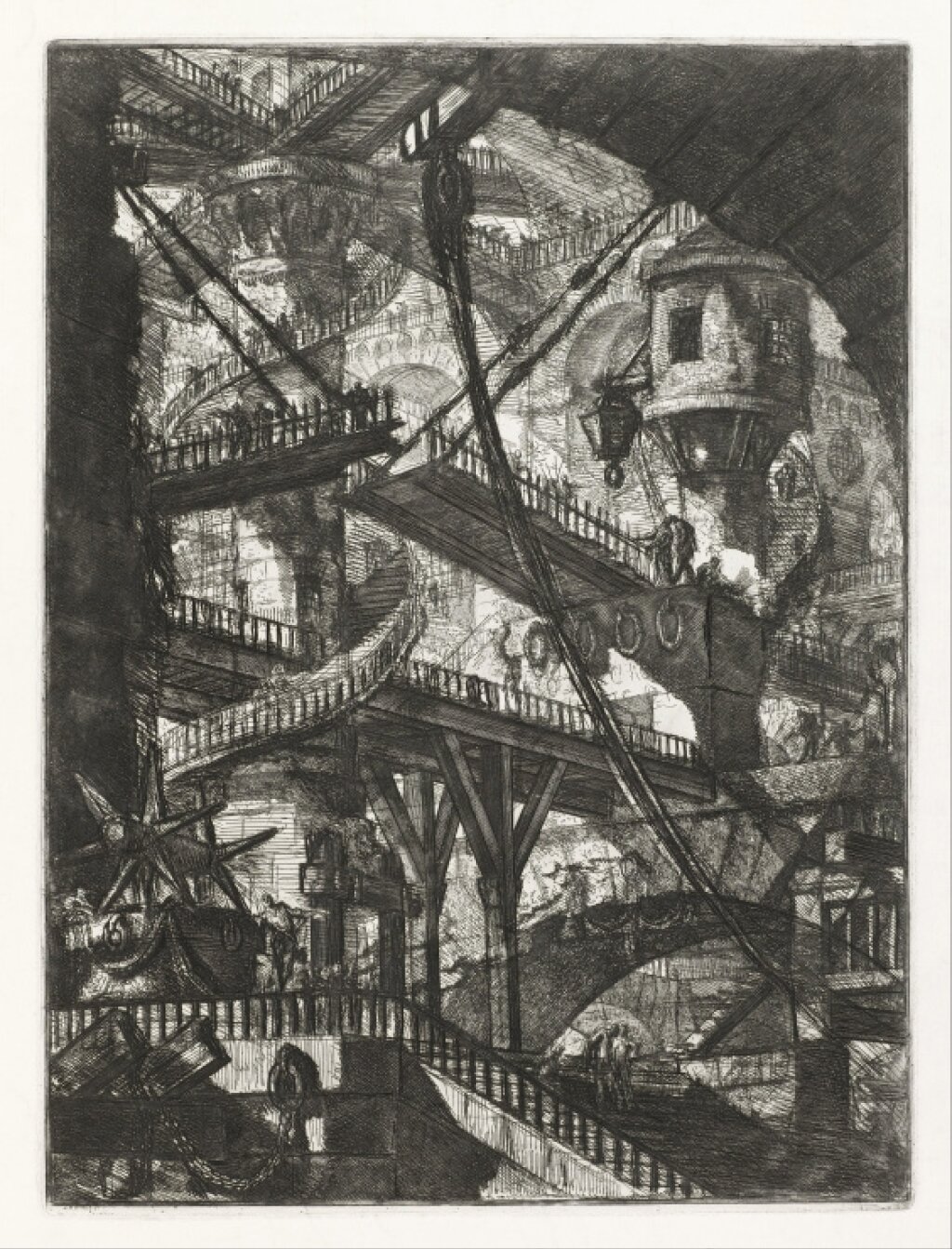Ilya Kukulin is a Visiting Research Fellow at Amherst Center for Russian Culture at Amherst College. He writes about the unofficial literature of the Soviet era, Russophone pop culture, and the interaction of politics and culture in post-Soviet Russia.
This is a Part I in a two-part series. Part II will appear tomorrow, 5/15.
Shortly after ISIS-affiliated terrorists attacked Moscow’s Crocus City Hall concert venue on 22 March 2024, several Russian politicians—including Vladimir Putin—simultaneously placed ultimate responsibility for the act on Ukraine, where Russia is currently waging a war. Russia’s political elites had several motivations to make this claim. For one thing, it helped amplify public hatred toward Ukraine and the West. For another, it helped distract from the Russian regime’s friendship with radical Islamist groups like Hamas and the Taliban. Finally, as the political analyst Vladimir Pastukhov correctly observed, insisting Ukraine was at fault for the attacks enabled Russia not to admit that it would now have to fight a war on two fronts: one against Ukraine, and the other against a radical Islamist underground.
According to a poll conducted in early April by the Open Minds Institute, an American think tank, over 50% of Russia-based respondents are now convinced that Ukraine is behind the events at Crocus City Hall.
One piece of “evidence” for the state’s accusations against Ukraine was a dilettantish poem proliferated across Russian social media. It appeared on many news sites and personal accounts—apparently, Kremlin loyalists have been sharing it with friends entirely voluntarily. Depending on the website, the poem was ascribed to different authors, most frequently a poet from the Russian-occupied Ukrainian city of Luhansk who posts as “Alyonka Cherry.” (That the second part of her pseudonym is an English word shows that, despite the Russian regime’s current hostility toward the US, the UK, and “Anglo-Saxons” more generally, English remains the default language of Russian mass culture.) The popular daily Moskovskii komsomolets even dedicated an article to the poem, which reads, in part, as follows:
Who cannot triumph on the battlefield
Despicably attacks the unarmed from behind.
In Moscow there’s no peace tonight
As howling sirens tear the soul to shreds.
[…]
As black smoke billows up above the hall,
There are no words with which to counter…
Gird yourselves, Russians. Be strong, my city.
There is no way that they can scare us all!
Alyonka Cherry’s poem likely owes its virality to support from Russia’s security services—or, to be more precise, the specialized troll factories active in the web’s Russian-language sector. The poem’s Cold War-style rhetoric is designed to present hatred toward Ukrainians and the intention to stand against the entire world as the “authentic” emotions of a private individual—thus rendering them more persuasive than if they were sourced in traditional propaganda.
Since the start of Russia’s full-scale invasion of Ukraine in February 2022, the number of Russian-language poems published online has grown sharply. Some of these express support for the war. Others resist not only Russian aggression itself, but also the worldview that Kremlin propaganda promulgates, in which the “good” is defined as that which benefits the Russian regime—and which insists that the victor is always right.
Such poetry of resistance might better be called anti-aggression than anti-war. In general, contemporary Russophone poetry is much more likely than before to answer questions about how one can think, how one can approach contemporary events, and what one can hope for. Anti-aggression poetry makes audible the silenced voices of contemporary Russian-speaking society, and it makes sense to listen to these voices.
***
death is stronger than love
fear is stronger than conscience
russia is stronger than ukraine
so there’s no choice
all that’s left is to repeat
ukraine
conscience
love
These lines come from a recent poem by Sergei Leybgrad. Until 2022, Leybgrad lived in Samara and was among the area’s best-known local journalists and poets—both within and outside Samara itself. After the start of the full-scale invasion, Leybgrad emigrated to Israel. He publishes video commentaries on current events and writes many poems, of which a majority relate to politics and the ongoing war. Despite living in Israel and using his blog to reflect on Israel’s current war with Hamas, he dedicates his poetry specifically to events in Russia.
Leybgrad’s poetic works are strongly imprinted with existentialist philosophy—as articulated by Albert Camus rather than, say, Jean-Paul Sartre. In the poem cited above, the speaker insists on standing by those values he finds important, even if everyone else decides that love, conscience, and Ukraine must lose out to brute force. This posture recalls the final act of Eugène Ionesco’s Rhinocéros (1959), in which Bérenger prepares to resist a society made up entirely of rhinoceroses, even if he has to go it alone.
It would not be correct to say that contemporary Russophone poetry enjoys “popularity” among Russian speakers. Most salient today is poetry’s connection to working out new forms of subjectivity and interpersonal communication, and poetry’s ability to solve problems of an anthropological nature.
Russian aggression against Ukraine has been going on for a decade, since 2014. Yet the passage to full-scale invasion coincided with a significant transformation of the ruling regime toward radical repression and total mobilization. The Russian government has failed to offer a coherent explanation of the war’s aims and goals, instead simply accusing the West and Ukraine of evincing “hostility toward Russians.” To maintain high levels of ambient societal aggression in the absence of clear ideological narratives, it is necessary to construct new individual modalities for relating to society and the world. In the past, Russian society was xenophobic but not warlike, more interested in hedonistic consumerism than in the privations that inevitably attend prolonged military conflicts.
Mental resistance to aggression similarly requires new modalities. Opponents of the war and of Putin’s regime may feel like pariahs in Russia, and occasionally even in the West. Poetry helps create a sense that agency is possible, reviving the indispensable human ability to endow the world with meaning.
A poem can be written relatively quickly, and, unlike a novel, requires little more than a social media account for publication. Poetry has thus become a crucial means of evolving, and making sense of, new ways of thinking, communicating, experiencing emotions. Put another way, poetry helps opponents of the war weave their individual painful experience into a larger historical narrative.
2022 saw the creation and publication, largely on social media, of poetry that expressed the authors’ opposition toward the war and the repressions taking place inside Russia. Several anthologies gathered together these more informal publications, most prominently Poetry of the Final Age. A Chronicle (Poeziia poslednego vremeni. Khronika), edited by Princeton University’s Yuri Leving. By some miracle, this volume managed to be published in Russia.
Yet collections of poetry supporting the war and Putin’s regime are much more common, and continue to be released at regular intervals. In 2023, it initially seemed that the tide of anti-aggression publications was ebbing in parallel with the diminishing resistivity of the anti-aggression poets themselves. But in 2024, a glance through online magazines and social media sites reveals that poetry resisting the war and the new repressive order are once again on the rise. Most importantly, “thinking in the presence of war” has evidently become a stable feature in the consciousness of contemporary Russophone poets.
Some, like Leybgrad, write with maximal clarity. Others compose in a more encrypted or metaphorical style. The degree of circumlocution doesn’t always depend on the poet’s location, i.e., their emigration status. For instance, Russia-based poets German Lukomnikov and Varvara Nedeoglo practice poetic parrhesia—candid speech that exposes the authors to personal risk. Such examples aside, poets who publish inside Russia necessarily deploy circumlocutions more often than their counterparts abroad.
Works by the Petersburg-based Aleksei Porvin, for example, depict both war against a neighboring country and repressive measures at home as catastrophic, but inexorably linked to a complex, multi-level reality. In the excerpt that follows, Porvin plays on the multiple meanings of the Russian word krai: the phrase svobodnyi krai can mean either “free land/country,” or the free edge on a fingernail. In the poem, the speaker overhears a commercial for a nail salon and interprets it as a promise of freedom, then instantly recalls that women in contemporary Russia often await their husbands’ return from war, only to receive, instead, a pokhoronka (official death notice). In this way, thoughts of war are “smuggled” into a meditation on a nail salon ad, which theoretically bespeaks a peaceful and prosperous life. The façade of prosperity in Russia’s megalopolises, however, conceals consciousness of the proximity of death.
In these parts, we often hear the phrase “free edge [svobodnyi krai]”
And sure, what’s that got to do with Russia when nail salons use radio hits to drown out the stink of acetone, and entice passerby
to file their free edges to the quick and further still—
down to their laugh lines, and if you sifted through the keratin dust, you’d find particles of resistance, like anywhere else […]
So much earth cleaned out from under fingernails
that dug through layer after layer of soil, hoping to prove the pokhoronka wrong
It takes remarkable willpower to sit through hours in a chair for beauty’s sake
(—“In these parts we often hear the phrase ‘free edge’”)
— translated by Maya Vinokour



